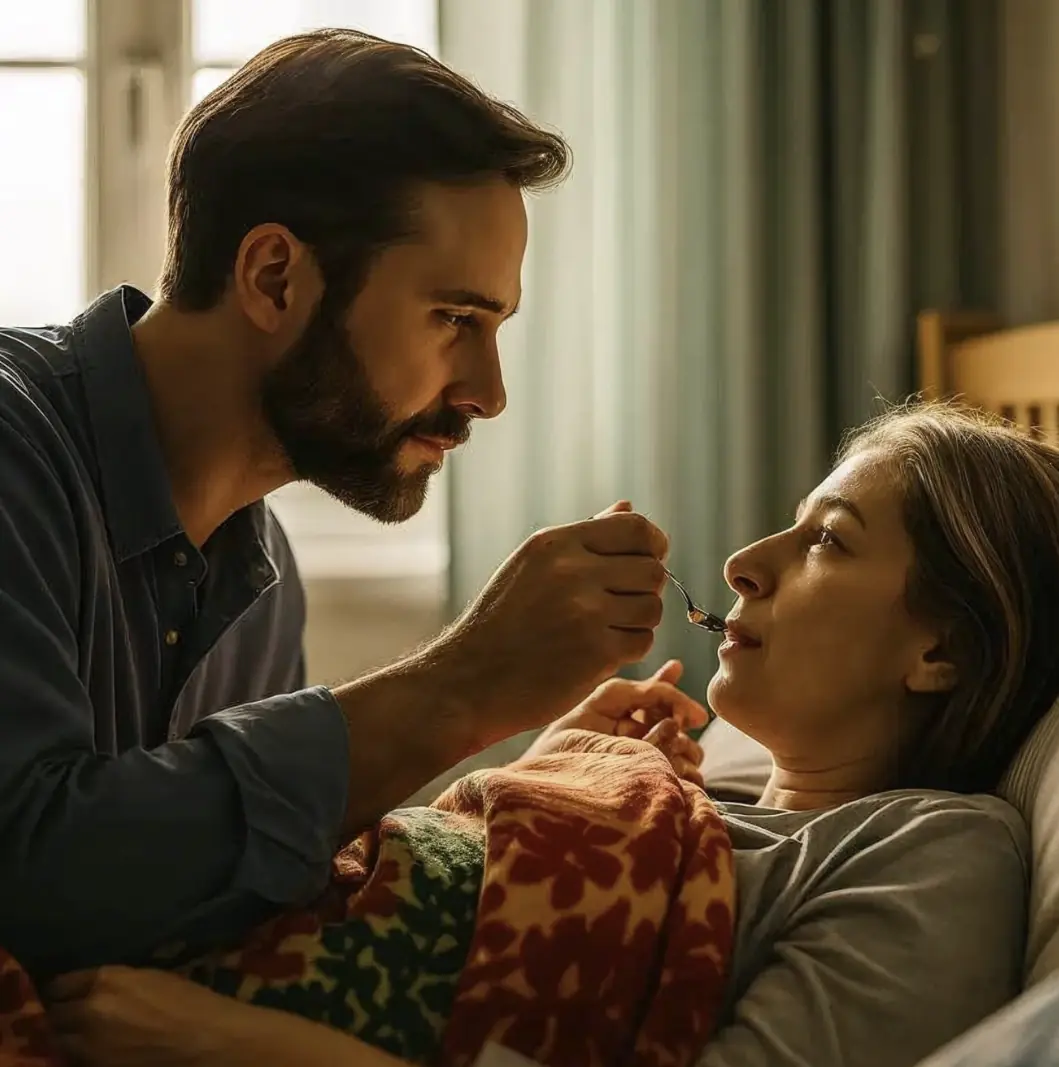
The Heartbreaking Discovery After My Husband’s Passing
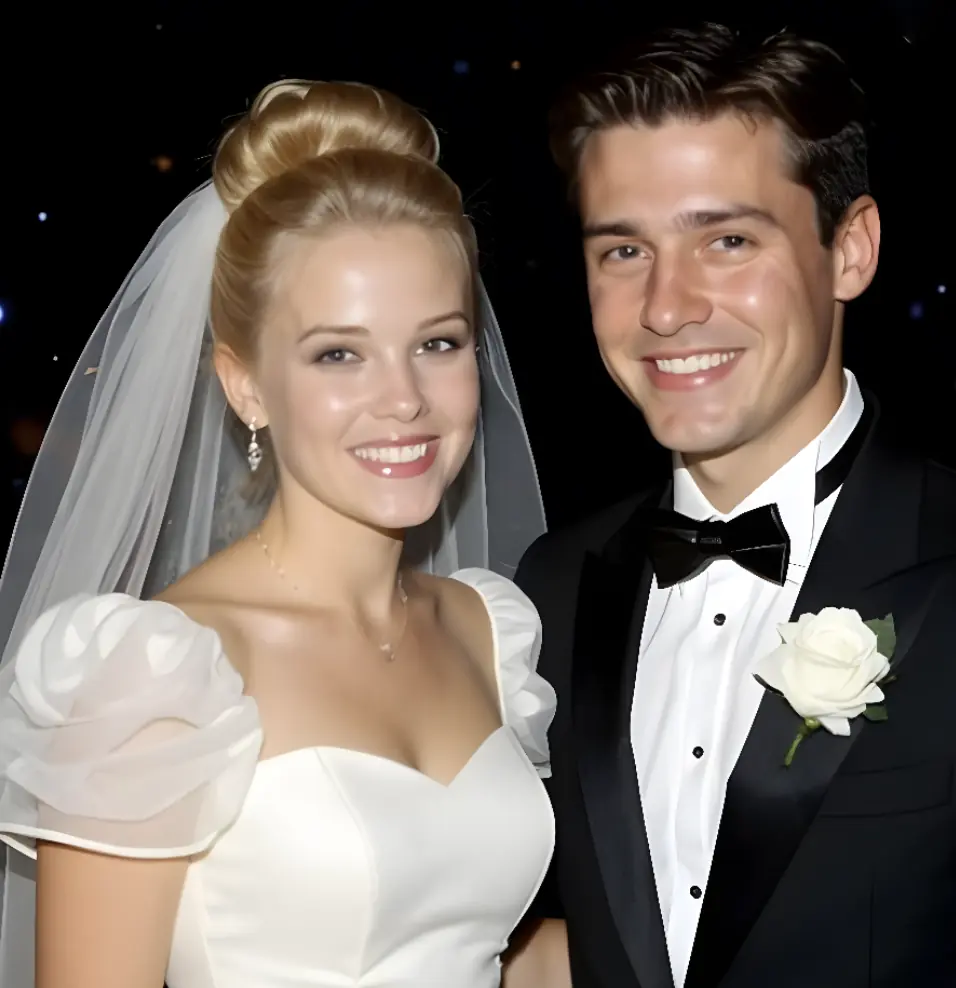
The house felt different after he was gone. Not empty—just quieter in a way that felt unnatural, as though even the walls were holding their breath. His shoes still sat by the door, his coffee mug still rested on the kitchen shelf, and his favorite jacket hung gently on the back of the chair. I couldn’t bring myself to move any of it. I was afraid that if I did, it would mean accepting he would never return.
In the first few days, people came with flowers and condolences. They spoke softly, hugged me tightly, and tried to comfort me. But grief has a way of turning people into shadows once they leave. When the house finally emptied, I stood in the living room feeling like time had stopped—but only for me.
For weeks, I lived in silence. I replayed every recent moment with him—his last laugh, his last conversation, the way he held my hand every morning as though it was part of breathing. I wondered if there was something I had missed. Some hidden sign. Something that could have saved him.
One afternoon, I went to our bedroom and noticed something I hadn’t seen before: a small key on his nightstand. I didn’t remember seeing it before. There was tape wrapped around it with my name written in his handwriting. My heart began to race. I searched everywhere for a lock it might belong to. Nothing in the house matched. Then, in the closet, behind a stack of old boxes, I found a wooden chest I didn’t remember ever seeing.
The key fit.
Inside, I found letters. Dozens of them, tied with ribbon. Each one written to me. Some dated years ago, some only weeks before he passed. My hands trembled as I opened the first one. His words were soft and full of love—memories of the day we met, reasons why he fell in love, promises he hoped to keep forever. But as I continued to read, the letters changed.
He wrote about fear.
He wrote about pain he had hidden from me.
He wrote about a diagnosis he never told me about.
He had been sick—longer than I knew. He had found out months ago but didn’t want to ruin my happiness. He said he wanted our final memories together to be joyful, not filled with worry. He apologised for not telling me. He said he wanted to protect me from sorrow for as long as he could.
Tears stained the paper. I couldn’t breathe. The letters continued, explaining everything—doctor’s visits, treatments he had quietly gone through alone, nights he couldn’t sleep because of pain. He suffered silently because he didn’t want me to watch him fade.
At the bottom of the chest was a notebook. It wasn’t about his illness—it was filled with plans for me. Travel destinations he hoped I would visit. Names of restaurants he wanted me to try. A list of books he thought I would love. There were envelopes with money saved over years—“For your dream bakery,” one said. Another read, “For your first piano lesson.” He remembered every dream I ever mentioned.
One letter said: If you’re reading this, I was strong as long as I could be. Please don’t spend the rest of your life grieving. Live. Love. And know that I’ll still be listening to your laughter.
I clutched the letters to my chest and cried in the quiet room until the sunset burned across the sky like a final goodbye. That night, I sat at the kitchen table and read every letter again. His love was everywhere—written into every word. Instead of letting grief swallow me whole, something changed. He hadn’t left me with emptiness—he had left me with direction.
In the following weeks, I followed his lists. I had coffee at the café he always mentioned but never visited. I signed up for piano lessons on a Monday afternoon, shaking as I spoke my name out loud to the teacher. I found books he had recommended. I discovered streets he wanted me to walk through. And slowly, gently, life began breathing again.
There were hard days. Sometimes I woke up reaching for him. Sometimes I sat in the car and cried without reason. But there were moments of light too. Smiles came back slowly. Music began to fill the spaces his silence left behind. Grief started to transform—not into forgetting—but into understanding.
One morning, I visited his favorite hill, the place we used to watch sunsets. I brought his letters with me and read them under the fading sky. Birds passed overhead, and the wind brushed against me softly as if carrying his voice. I whispered, “I’m trying… I’m really trying,” and for the first time since his passing, I felt like he heard me.
Months later, I opened a tiny bakery—the very dream he wrote about. I named it Horizon, because he once told me every end is just the beginning of a new skyline. Customers loved the pastries, the homemade sunlight-colored décor, the quiet corners where people could find peace. Sometimes people asked about the name. I always smiled and said, “It’s a promise someone made to me.”
One evening, as I cleaned the shop, I heard a couple laughing softly at the far table. Their happiness reminded me of us—years ago, when life felt easy. As they left, the woman said, “This place feels like love.” And suddenly, I realized something: his love hadn’t disappeared. It had simply changed shape. It had turned into memories, recipes, melodies, and courage.
He once wrote: Some love stories don’t end. They simply become part of the air that keeps someone else breathing.
And now, I understood.
My husband didn’t leave me empty. He left me with strength. He left me with a path. And somewhere—beyond sunsets and silence—I believe he waits with a smile, proud that I followed the music of the life he hoped I would still live.
News in the same category

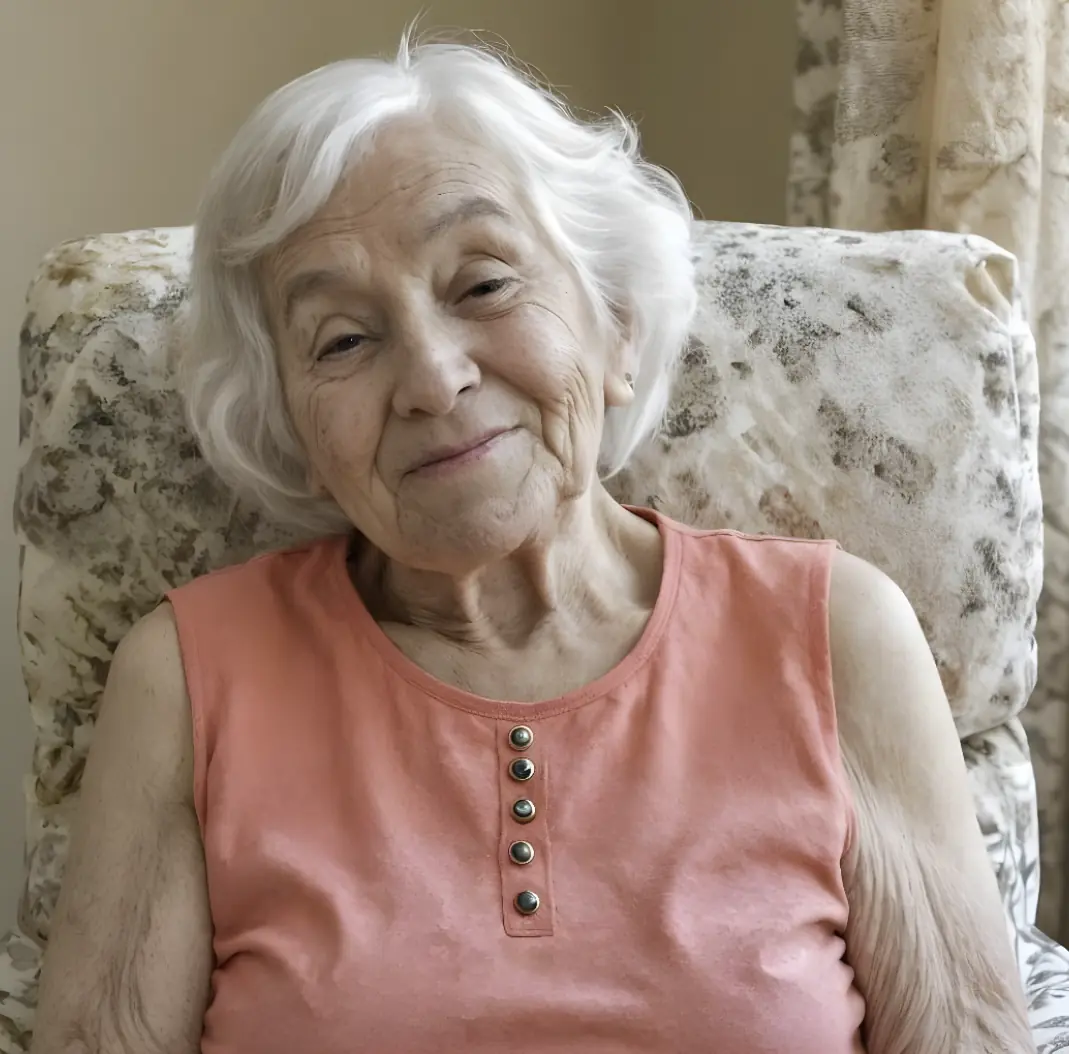
A Journey Back Home
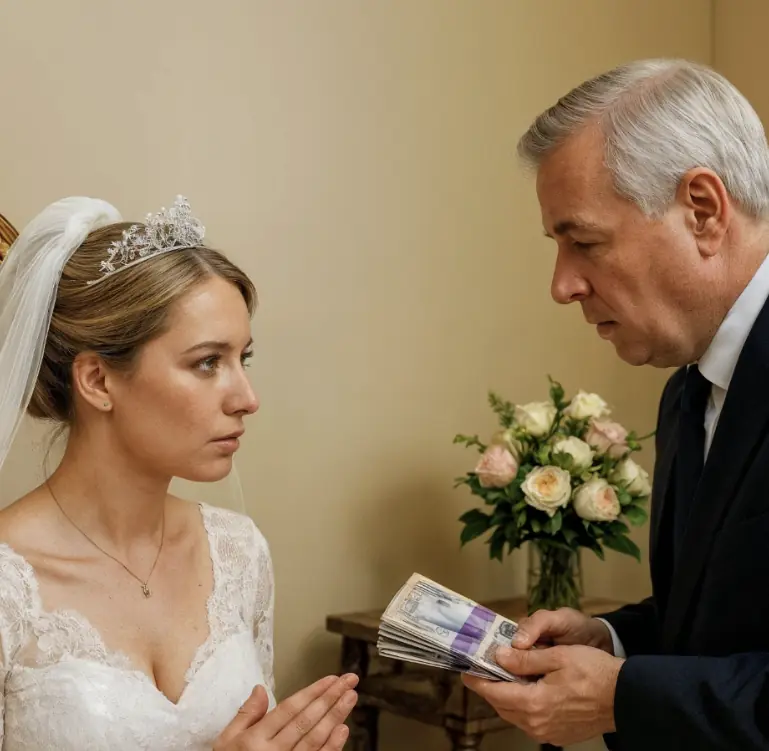
The Night My Father-in-Law Slipped Me $1,000 and Whispered: ‘If You Want to Stay Alive, Run Away’

A quiet mother’s discovery that reshaped her family and strengthened their love

The girl was quietly humming by the sink full of dirty dishes… And she didn’t know that a silent chef with a millionaire fortune was listening to her

The wife, who had very little time left to live, was visited in her hospital room by a little girl who asked her to be her mom
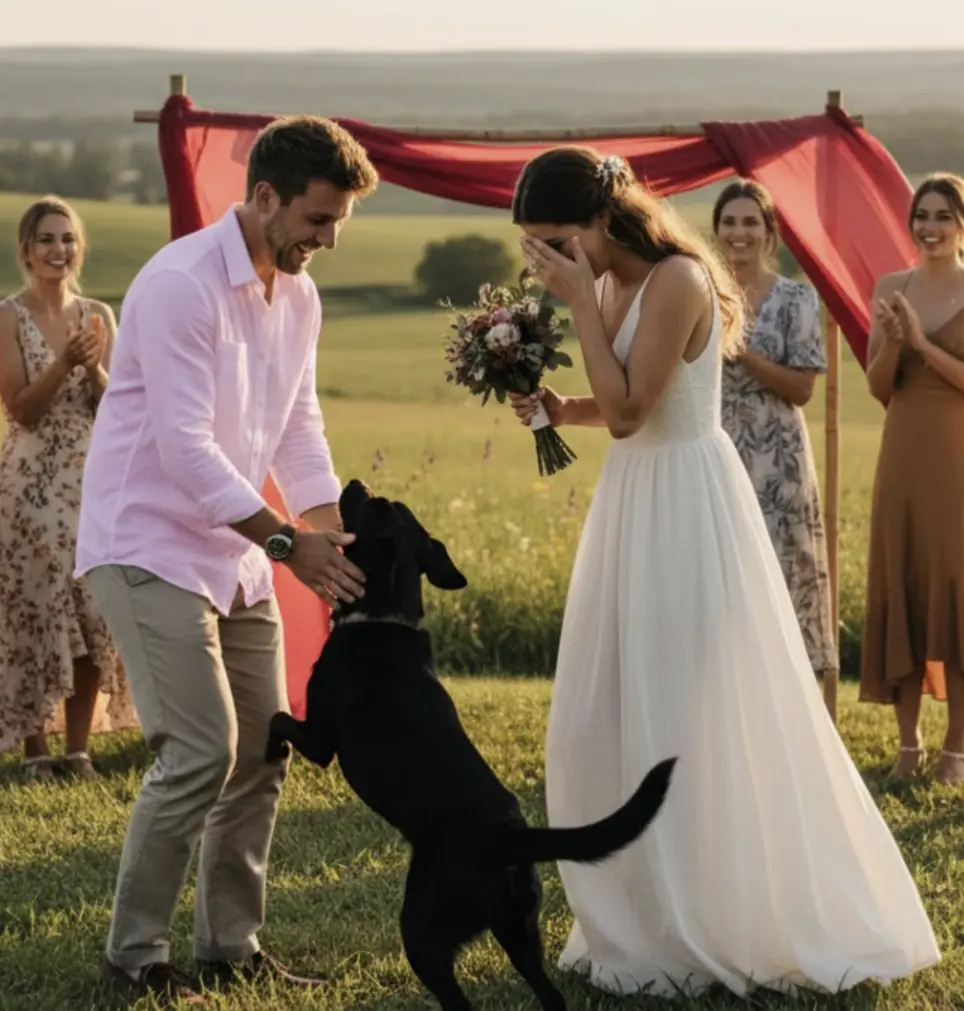
A loyal dog’s unexpected warning that transformed a family’s future

Man Saves A Deer From A Deadly Trap—but What Happened Next Left Everyone Speechless

A Stranger Knocked on My Door—And Told Me She’s Renting My House… From My Husband
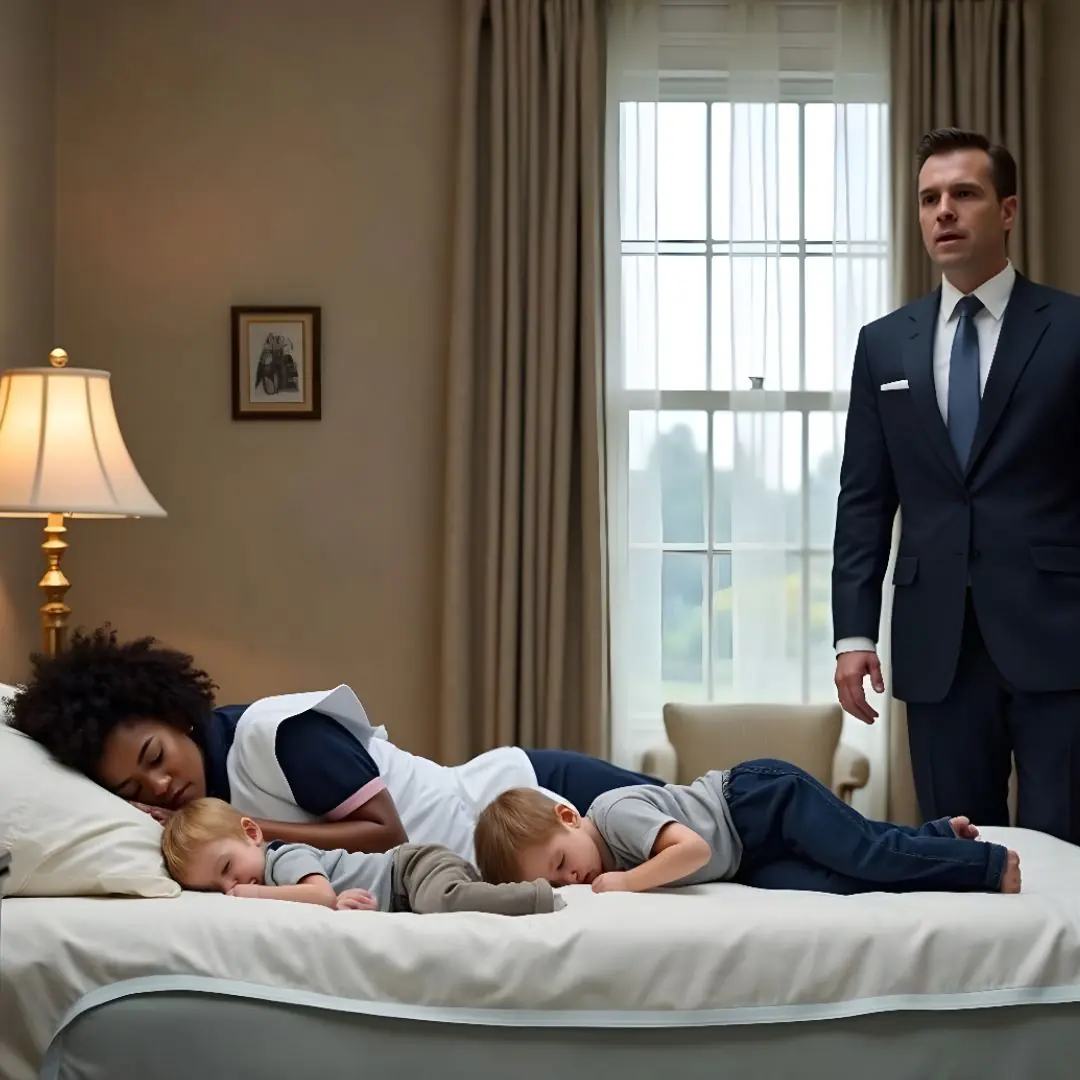
The Unyielding Care: How a Maid Changed the Lives of a Billionaire’s Twins

I Received a Letter from My Husband’s 'Mistress'—And It Said She’s Pregnant with His Baby

My Husband Vanished for Two Days—Then Came Back With a Baby Who Looks Exactly Like Me

The Little Paw That Saved Big Hearts: How a Puppy Called Miracle Became the Hero We Never Knew We Needed
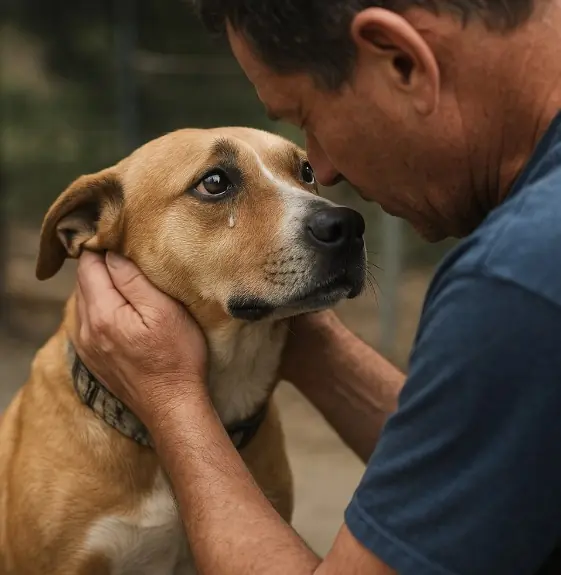
Tears Fell When a Shelter Dog Saw His Owner Once More

He gave a stranger a ride in a downpour. A week later, he was stunned to see himself on the news
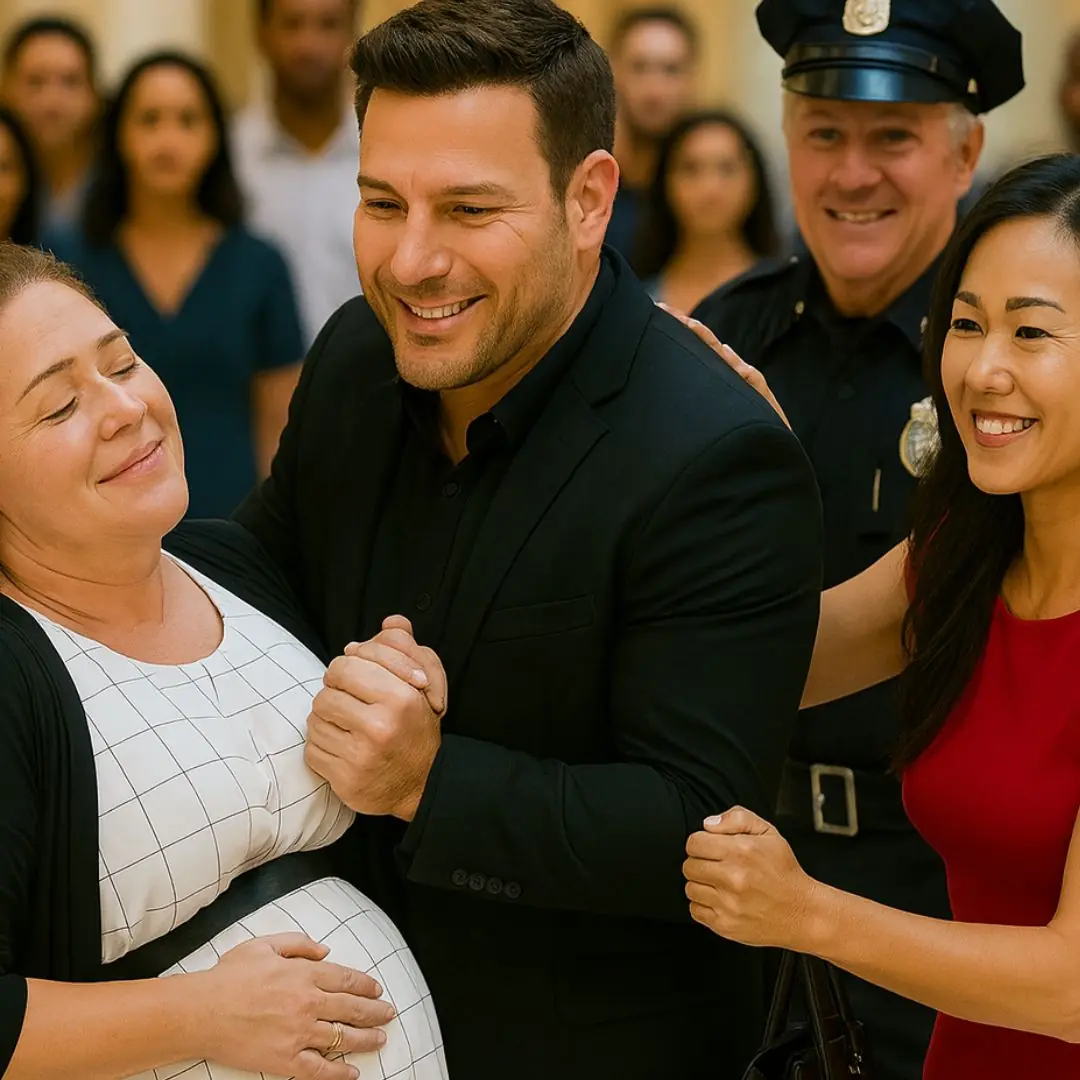
A Dallas Mall Incident Unveils a Dark Family Secret

Before she could finish, the creaking gate announced someone’s arrival.My husband appeared, suitcase in hand, his face paling as he saw me standing there

Hurrying into the café during her break, Anya spotted her husband sitting with another woman. In that moment, she knew it was time to teach them both a lesson

The Husband Secretly Registered His Mother in Their Apartment, and Three Weeks Later the Wife Found Out and Taught the Sly Relatives a Lesson
News Post

After caring for my paralyzed wife for five years, I came home early and saw something that broke my heart

A Journey Back Home

The Night My Father-in-Law Slipped Me $1,000 and Whispered: ‘If You Want to Stay Alive, Run Away’

A quiet mother’s discovery that reshaped her family and strengthened their love

The girl was quietly humming by the sink full of dirty dishes… And she didn’t know that a silent chef with a millionaire fortune was listening to her

The wife, who had very little time left to live, was visited in her hospital room by a little girl who asked her to be her mom

A loyal dog’s unexpected warning that transformed a family’s future

Man Saves A Deer From A Deadly Trap—but What Happened Next Left Everyone Speechless

A Stranger Knocked on My Door—And Told Me She’s Renting My House… From My Husband

The Unyielding Care: How a Maid Changed the Lives of a Billionaire’s Twins

My Husband Vanished for Two Days—Then Came Back With a Baby Who Looks Exactly Like Me
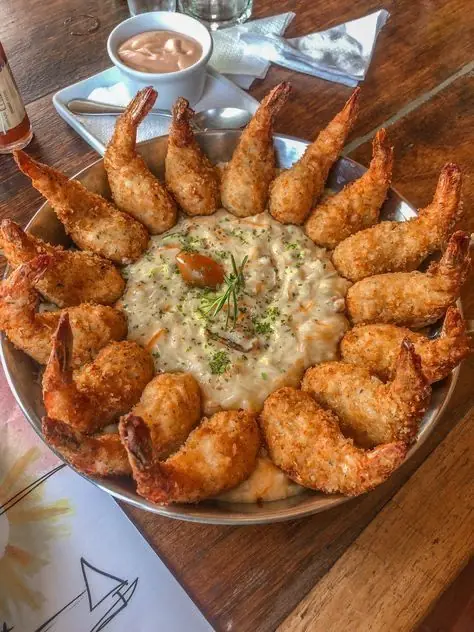
Crispy Fried Shrimp with Garlic Parmesan Risotto

The Little Paw That Saved Big Hearts: How a Puppy Called Miracle Became the Hero We Never Knew We Needed

The timing of he.art attack symptoms is more important than you think a delay of just 5 minutes can change a life
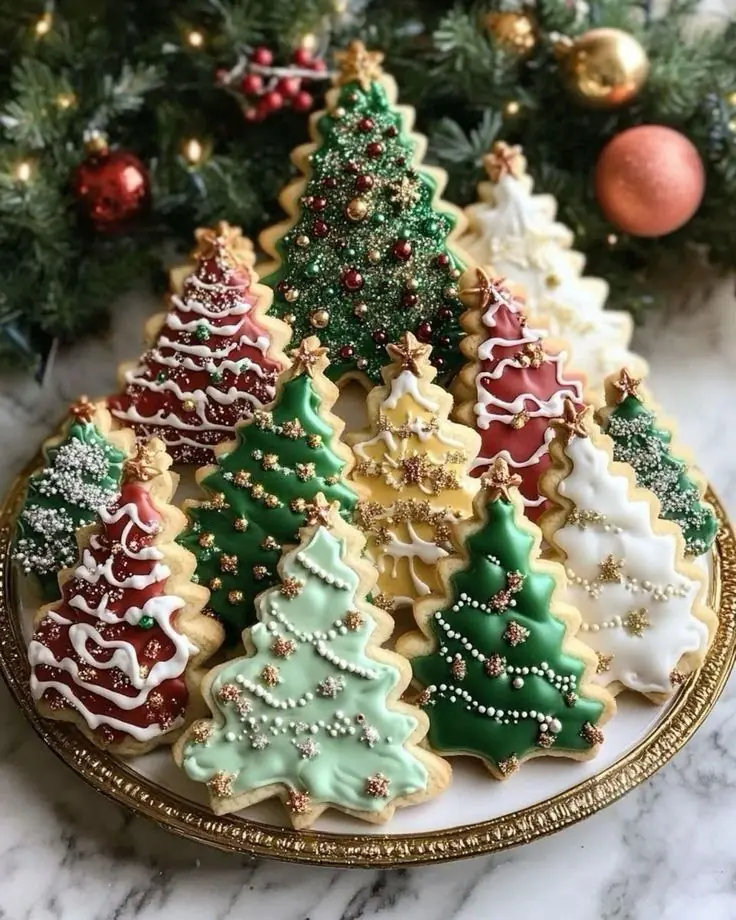
CHRISTMAS TREE SUGAR COOKIES

Tears Fell When a Shelter Dog Saw His Owner Once More

He gave a stranger a ride in a downpour. A week later, he was stunned to see himself on the news
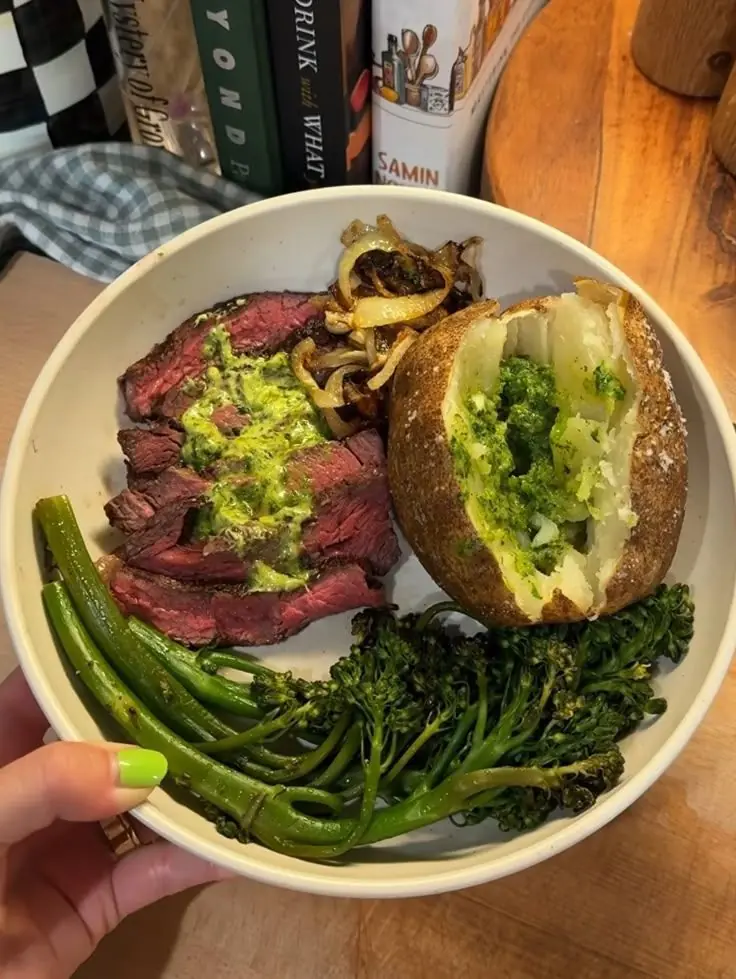
Grilled Steak with Roasted Broccolini, Baked Potato with Pesto, and Caramelized Onions
